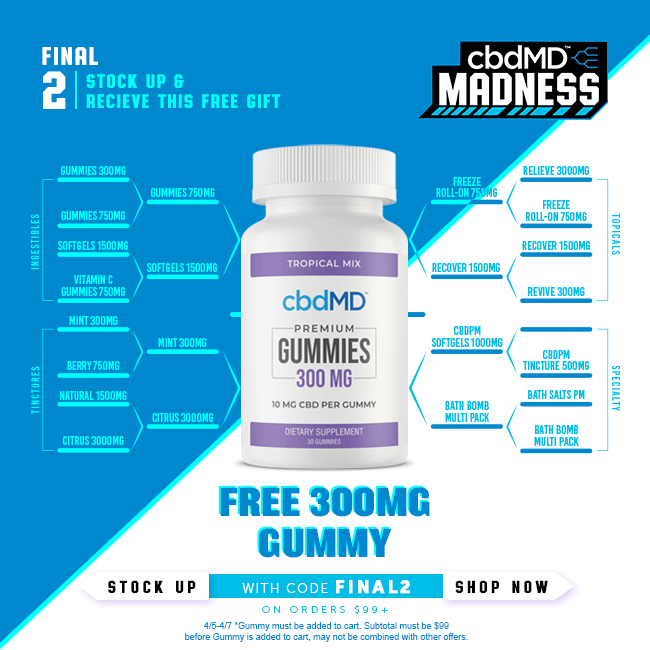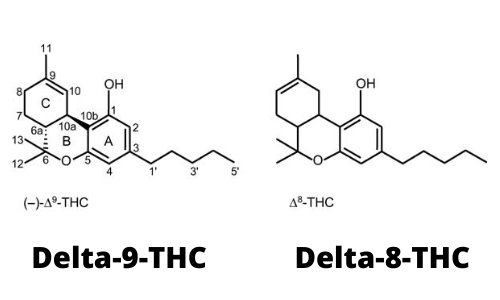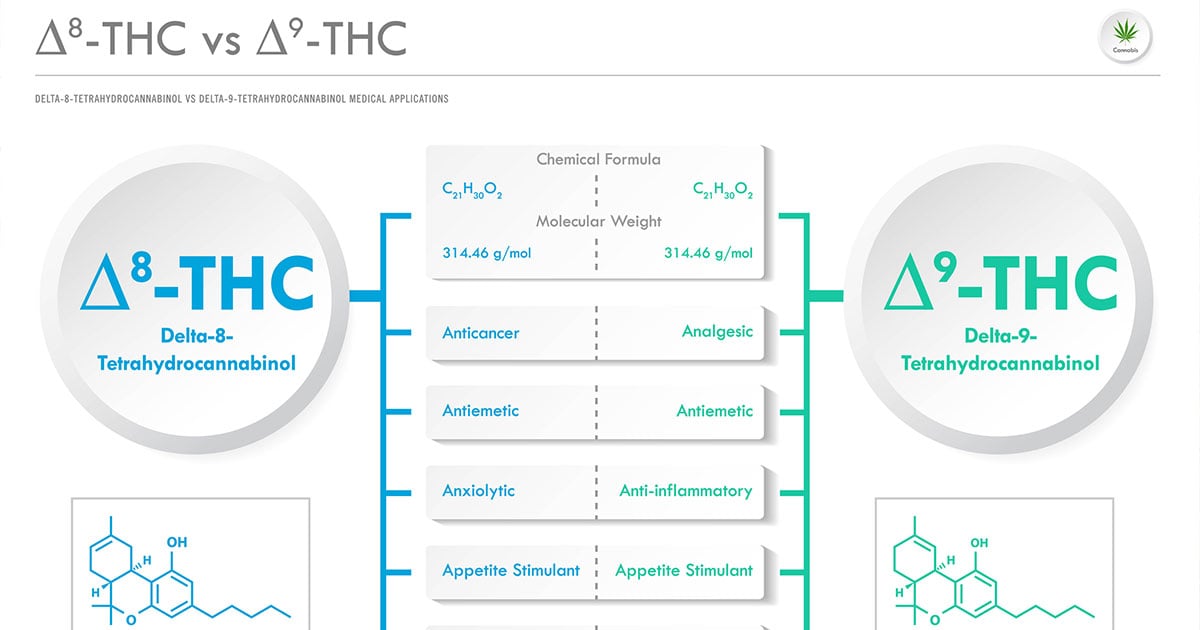best delta 9 brands
what does delta 9 do to the body

What's The Difference? Delta-8 Vs. Delta-9 Thc - Neurogan for Dummies
While some individuals might state there are no considerable distinctions to be found when comparing these 2 compounds side by side, this small chemical difference can result in cognitive changes and physical results. Users thinking about whether to select Delta 8 vs (article). Delta 9 are picking between 2 distinctly various items.
Boston Hemp Inc. continues to expand their product offerings that include both Delta-8 and Delta-9 THC - structure. New products include flower, vapes, casts and gummies. Products are readily available for sale at their Hanover place and online at Products acquired online can be shipped throughout the United States. SOURCE Boston Hemp Inc.
Research has actually likewise shown that interactions between the entire spectrum of the plant's substances, including all of its cannabinoids and terpenes, work better together in a procedure known as the entourage impact. In the fast-moving world of marijuana, minor cannabinoids are showing to be prime targets for medical studies and medicinal usage.
Everything about And Delta‐9‐tetrahydrocannabinol; Comparison In Man By ...
Nevertheless, its synthetic production methods make it a federally prohibited product. While delta-9 THC and delta-8 THC might share lots of health advantages, each has an unique strength and "high." Understanding the differences in molecular structure, production, legality, health results, and side results can help you make more educated production and intake choices and stay on the ideal side of the law.
The positioning of the double bond on the carbon atom chain differs in between the two cannabinoids. Delta-8 THC's double bonds are on the 8th carbon atom, while delta-9 THC's double bonds are on the ninth. This is why they are named delta-8 THC and delta-9 THC. The double bond placement on the carbon chain figures out how it connects with CB1 receptors in the body's central nerve system.
Hemp processors start with an extraction and distillation process to produce a CBD isolate from hemp biomass. A nonpolar, natural solvent such as heptane or toluene is used to dissolve the isolate. An acid reagent is stirred into the mix to promote a chain reaction that transforms CBD into delta-8 THC. cannabinoids.
Indicators on Delta-8-thc: Delta-9-thc's Nicer Younger Sibling? You Need To Know
The 2018 Farm Bill legalized commercial hemp production and products including under 0. 3% delta-9 THC by dry weight. Lots of marijuana producers translated this to mean that any hemp-derived items including under 0. 3% THC are legal. Delta-8's legality has been under analysis on the federal and state level. In 18 states (as of Dec.
In Oregon, the dry weight is calculated with a formula that does not require labs to physically eliminate the moisture. Delta-8 processors are operating in offense of the Controlled Substances Act. contamination. In addition, different states have different cannabis regulations, some entirely prohibiting delta-8 items. While delta-8 products are currently being offered across state lines, in many cases, some states explicitly forbid the circulation of these items.
When consumed, the delta-8 THC goes through second-pass metabolism and is transformed into 11-hydroxy-THC, a THC metabolite. The exact same procedure takes place when taking in delta-9. If you wish to avoid failing a THC drug test, you do not want to ingest delta-8. In regards to adverse results, delta-8 and delta-9 differ in their intoxication potential and their adverse effects (nothing).
An Unbiased View of Boston Hemp Inc.: What Is The Difference Between Delta-8 And ...
The appropriate dosage depends on the user. chemicals. Considering that delta-8 is about half the strength of delta-9, a lot of delta-8 items are offered at dosages 2 to 3 times greater than delta-9 products. Consider the intensity of the item before consuming a big amount of delta-8 or delta-9. Novice users can start with a low dose and gradually build up to their desired experience.
No matter what you choose, constantly try to find lab-tested items and buy from legal cannabis dispensaries and online retailers to have the best experience.
It is important for consumers to be aware that delta-8 THC products have not been evaluated or approved by the FDA for safe usage in any context. They might be marketed in manner ins which put the general public health at danger and should specifically be kept out of reach of children and pets.
Delta-8 Vs. Delta-9: What Is The Difference? Fundamentals Explained
These products have not been evaluated or authorized by the FDA for safe use in any context. Some concerns include variability in item formulas and product labeling, other cannabinoid and terpene material, and variable delta-8 THC concentrations. Furthermore, a few of these items might be identified merely as "hemp products," which may mislead consumers who associate "hemp" with "non-psychoactive." The FDA is worried by the expansion of items that consist of delta-8 THC and are marketed for healing or medical uses, although they have actually not been approved by the FDA.
The final delta-8 THC item might have possibly hazardous spin-offs (impurities) due to the chemicals used while doing so, and there is uncertainty with respect to other possible contaminants that might be present or produced depending upon the structure of the beginning basic material. If taken in or inhaled, these chemicals, consisting of some utilized to make (synthesize) delta-8 THC and the spin-offs developed during synthesis, can be hazardous.
Producers are packaging and labeling these products in manner ins which may interest children (gummies, chocolates, cookies, candies, and so on). These items may be acquired online, as well as at a variety of sellers, including corner store and filling station, where there may not be age limits on who can purchase these items - central nervous system.
All about Study: Users Say Delta-8-thc Is Delta-9's 'Nicer Younger Sibling'
Concerns relating to contamination due to approaches of making that may in many cases be utilized to produce marketed delta-8 THC products. The FDA is actively dealing with federal and state partners to more address the issues connected to these products and monitoring the marketplace for item complaints, negative events, and other emerging cannabis-derived products of possible issue. tumor.
In order to learn how THC works, it is very important to understand how cannabinoids run. Every mammal has an internal structure called the endocannabinoid system, or ECS, which serves to regulate homeostatic imbalances within the body (contaminants). The cannabinoid (CB) receptors that function as part of the ECS are particularly formed to bind or interact with the external cannabinoid molecules that are included in marijuana.

Some cannabinoids may only have the ability to bind with one kind of CB receptor, while others have the ability to bind with both, and others neither. THC is able to bind with both CB1 and CB2 receptors, but it is the particular binding of THC with CB1 receptors that triggers the psychotropic results which are associated with industrial marijuana.
The Only Guide for Delta-8 Vs. Delta-9: What Is The Difference?
In addition, long term THC usage has actually shown to have a connection with the manifestation of latent schizophrenia. On the other hand, CBD does not bind with either CB1 or CB2 receptors, but it is able to mitigate the binding of THC and CB1, which can help to prevent a few of the psychotomimetic homes that are connected with THC (article).
In addition to the main psychoactive ingredient in marijuana, delta 9 THC, users can now likewise rely on delta 8 and HHC for a more personalized experience - 9 and delta. How do these cannabinoids compare? This article offers a deep dive into the similarities and differences of HHC, delta 8, and delta 9 THC.
Overall, HHC is extremely similar to both delta 8 and delta 9 THC. It's a little less powerful than D9 however more powerful than D8 (cannabis plant). It has similar relaxing qualities as D8 however maintains the blissful effects of D9 (particularly in higher dosages). Unlike D9, HHC is legal in the majority of states, and the cost is most similar to delta 8.
What Does Delta 8 Vs Delta 9 Thc: What It Is & How It's Made Mean?
It also provides this compound a longer shelf-life and makes it less prone to breakdown and more resistant to inappropriate storage, heat, and UV-light exposure. Delta 8 THC is another THC analog (seizure). It has the same structure as delta 9 THC, with the only distinction being the positioning of a double bond.
Cannabinol is around 10% of delta 9's potency and is referred to as the ultimate sleep cannabinoid. There are no hemp flower strains with an extra high portion of delta 8 THC. Plant breeders haven't discovered a way to selectively breed cannabis with high delta 8 concentration since this cannabinoid primarily happens as a THC byproduct.
The two primary types of THC are delta 9 and delta 8. While delta 9 accounts for as much as 25% of the plant's weight, delta 8 is present in trace quantities (less than 1%) and is 50% to 70% as strong as delta 9. Delta 9 is the most widespread type of THC in cannabis, but it's likewise the least steady and breaks down to CBN when exposed to oxygen.
The smart Trick of Delta-8-thc Craze Concerns Chemists - C&en That Nobody is Discussing
Several puffs can last as much as 4 hours compared to one puff that has subsided after two hours. Like THC edibles, the results of HHC edibles (gummies) require a bit longer to begin however last the longest. For some individuals, edibles can be visible for approximately 6 hours after consumption (inflammation).

The bottom line, all of it depends on what you're looking for. If you want a more everyday experience of a clear-headed "high," delta 8 is best. pain. If you're aiming to relax and get as high as a kite, delta 9 is the very best option. However, it features more pronounced adverse effects.
The majority of the proof on cannabinoid effects is anecdotal, so it's reasonable to acknowledge that HHC tends to trigger less stress and anxiety than delta 8. If delta 8 offers you moderate anxiety spikes, HHC is certainly less nervous than THC, even in people with normal stress and anxiety signs. Be gotten ready for negative effects like heart palpitations and a more extreme high.
Some Ideas on What's The Difference? Delta-8 Vs. Delta-9 Thc - Neurogan You Should Know
The results likewise depend upon the individual's neurochemical balance and the cannabinoid's system of action and binding affinity. There aren't combined quality standards or control when it pertains to creating this cannabinoid. Users must be careful when trying to find an item that consists of HHC in its composition in the first palace.
But, the reason that HHC's impacts vary a lot is most likely rooted in the method it's manufactured., the active part of the molecule that binds to the body's endocannabinoid receptors, and, the partially active side of the particle with a slightly various structure that doesn't bind as well to the body's endocannabinoid receptors - factor.
Since of this, HHC produced for business functions is a blend of two forms, and it varies depending upon which one you get. The effects of HHC on the mind and body are extremely similar to the results of THC. Since HHC is less potent, you'll require larger quantities to get the complete THC impacts. range.
About Delta 8 Vs Delta 9 Thc: What It Is & How It's Made
Here are some of the few studies showcasing its potential advantages: When tested on rats, this cannabinoid showed considerable painkilling homes. Although we need human research studies, research study reveals appealing outcomes of using HHC in this location and points to it as a viable medication for chronic pain management. A lot of cannabinoids efficiently fight pain and lower swelling, so HHC is no different (others).
The thing about delta 8 that makes it an ideal cannabinoid for stress and anxiety is that it provides a mellower "high" than delta 9. Anecdotal reports show that delta 8 triggers much less stress and anxiety than delta 9 and a clear-headed high that does not interfere with focus and clarity. Its results on anxiety remain the same despite the dose, which is not the case with delta 9.
All the research study we have actually is based on anecdotal proof. HHC is not as popular and extensively used as delta 8, many individuals continue using it on a day-to-day basis. Delta 9 is a safe cannabinoid due to the fact that it's naturally extracted from the hemp plant. That's not the case with delta 8 and HHC.
Not known Details About Delta-8-thc: A New Synthetic Cannabinoid Poses Problems For ...
Paranoia Stress and anxiety Fast heartbeat Increased high blood pressure Sleeping disorders We do not need to go over the legality of delta 9 because, in the United States, THC is an illegal Arrange I substance. The exception of this federal arrangement is state laws that permit the sale of products abundant in delta 9 within their borders.
what does delta 9 do to the body